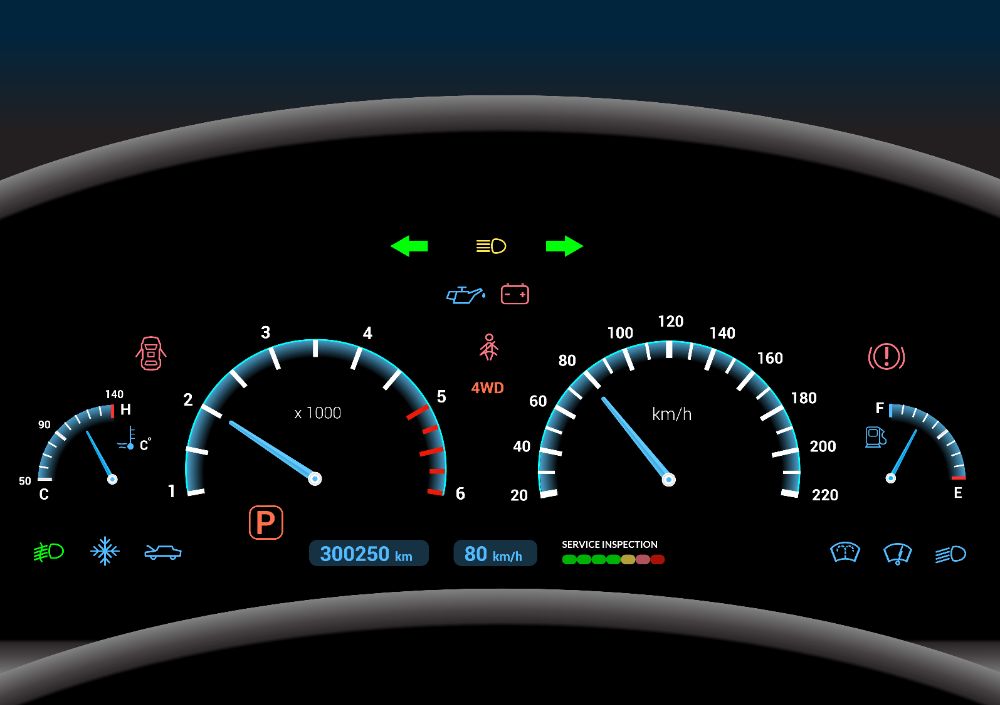Dashboard signals are your vehicle's silent language, communicating issues, warnings, and maintenance needs. Deciphering these signals can be the key to addressing problems early, preventing potential breakdowns, and ensuring the longevity of your vehicle.
The Check Engine Light: Your Vehicle's Communicator
The infamous check engine light is perhaps the most enigmatic signal on your dashboard. Contrary to its ominous appearance, it often indicates issues that, if addressed promptly, can be minor. The check engine light can signify problems ranging from a loose gas cap to more complex issues with the engine or emissions system. While a steady light might indicate a non-emergency issue, a flashing light signals a more urgent problem requiring immediate attention.
The Oil Pressure Warning: Safeguarding Your Engine
The oil pressure warning light alerts you to potential issues with your vehicle's lubrication system. A drop in oil pressure can lead to engine damage if not addressed. If this light comes on, it's crucial to pull over, turn off the engine, and check the oil level. Low oil levels or a malfunctioning oil pump could be the culprits. Neglecting this warning can result in costly engine repairs.
The Battery Light: Charging System Alerts
Your vehicle's battery light indicates a problem with the charging system. It might signal a failing alternator, a loose or damaged belt, or issues with the battery itself. If this light comes on while driving, it's advisable to turn off non-essential electrical systems and head to a repair shop promptly. Ignoring it could lead to a dead battery and an unexpected breakdown.
Brake System Warning: Putting Safety First
The brake system warning light alerts you to issues with your vehicle's braking system. It could indicate low brake fluid, worn brake pads, or a more serious problem with the anti-lock braking system (ABS). Addressing brake issues promptly is paramount for your safety and the safety of others on the road. Ignoring this warning could compromise your vehicle's braking performance.
Understanding these dashboard signals empowers you to make informed decisions about your vehicle's maintenance. While some warnings might be minor, others require immediate attention to prevent further damage. Regular vehicle check-ups and prompt response to dashboard signals contribute to the overall health and longevity of your vehicle.

